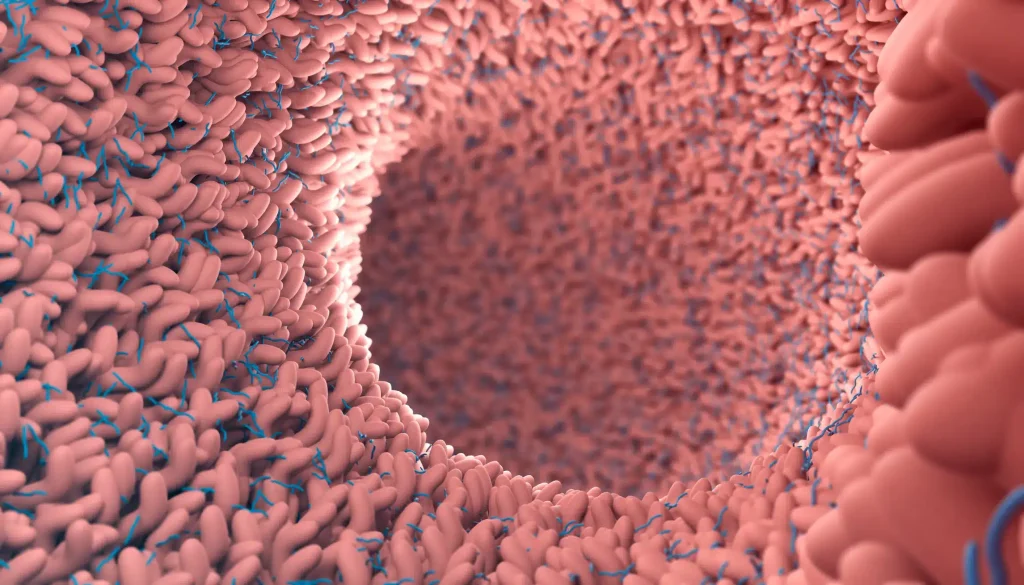Recognizing the early signs of gut issues is crucial for maintaining good digestive health and preventing more serious conditions from developing. Gut problems can range from minor discomfort to chronic digestive disorders, and catching symptoms can help in managing these issues more effectively.
Spot Early Signs of Gut Issues Now
Gut issues often begin with subtle symptoms that can be easy to overlook. Typical early signs include bloating, gas, irregular bowel movements, and fatigue. These symptoms might seem minor at first but could indicate an underlying issue in your digestive system. For instance, bloating may suggest a problem with digestion, while frequent gas can signal an imbalance in gut bacteria. Constipation or diarrhea, especially when persistent, indicates that your gut health may be compromised.
Detect Symptoms of Digestive Problems
Digestive problems can have varying symptoms depending on the underlying cause. One of the most common signs is stomach discomfort, which may manifest as cramping, bloating, or indigestion. Acid reflux, or heartburn, is another frequent symptom. It occurs when stomach acid backs up into the esophagus, causing a burning sensation. People with digestive problems might also notice difficulty digesting certain foods, leading to symptoms like nausea or a feeling of fullness after eating only a small amount.
Warning Signs of Intestinal Issues
Unexplained weight loss, bleeding, diarrhea, frequent stools, or persistent abdominal pain are also red flags, often indicating something more than just occasional digestive upset. These symptoms can suggest inflammation in the intestines or even more severe gastrointestinal disorders, such as celiac disease or colorectal cancer.
Warning signs of intestinal issues include more persistent symptoms like chronic pain, frequent diarrhea, blood in your stool, and unexpected weight loss. These symptoms could point to conditions like Crohn’s disease, IBS, or even more severe intestinal problems.
Common Gut Health Symptoms to Know
Maintaining good gut health is crucial, as the gut is responsible for digestion and nutrient absorption. Common gut health symptoms include bloating, constipation, and acid reflux. If you frequently experience these symptoms, it may be a sign that your gut health needs improvement. Improving your gut health involves simple changes in diet and lifestyle. Eating a diet high in fiber, drinking plenty of water, and incorporating probiotics into your routine can help support a healthy gut. Probiotics, found in foods like yogurt and kefir, help balance the good bacteria in your digestive system, which is essential for gut health.
Early Indicators of Digestive Diseases
Detecting early indicators of digestive diseases is important for timely treatment. Conditions like IBS, Crohn’s disease, and Gastroesophageal Reflux Disease (GERD) all have early warning signs.
IBS may start with irregular bowel movements, bloating, and stomach cramps. Crohn’s disease can begin with mild abdominal pain, diarrhea, and weight loss. At the same time, GERD often starts with frequent heartburn and acid reflux. Recognizing these signs can lead to quicker diagnoses and more effective management of these diseases.
What role do Histamines play?
The GI tract is full of Histamine receptors. Patients with IBS or with Food Allergies have been shown to have an increased number of Histamine receptors. The release of histamines in the GI system can create loose stools, cramping, diarrhea, bowel urgency, and abdominal pain. Some patients have seen dramatic improvement with “dual-antihistamine” therapy. Using the right ratio of certain antihistamines to block both the histamine-1 and histamine-2 receptors has greatly improved symptoms. Patients have seen decreased bowel output; more formed stools; less urgency; and less abdominal cramping after taking Solamyn.
For quick relief from digestive discomfort, visit Get Relief Rx today to explore proven solutions, like Solamyn, designed to ease your symptoms and improve your gut health. Click here to start feeling better now!







